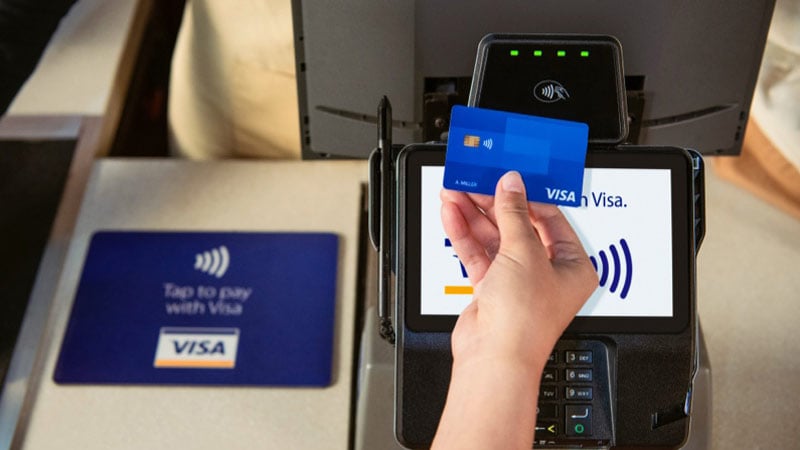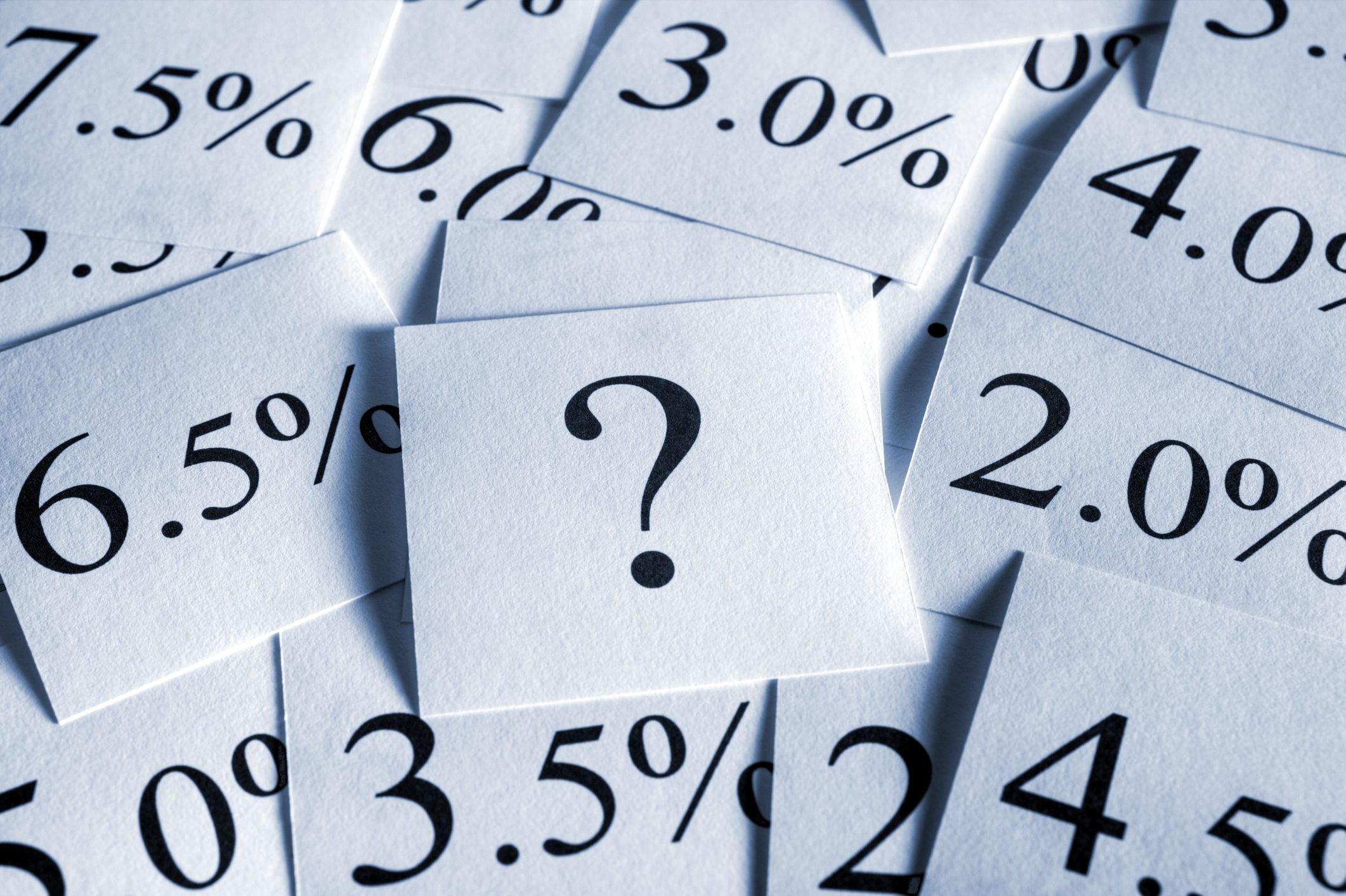Warren Buffett-led Berkshire Hathaway (BRK.A +0.29%) (BRK.B +0.14%) holds positions in over 40 publicly traded companies, six of which are components of the Dow Jones Industrial Average (^DJI +0.63%).
The Dow has 30 components in total, and four out of five of Berkshire's largest holdings are Dow stocks: Apple, American Express, Coca-Cola, and Chevron.
Additionally, Berkshire owns Amazon, which was added to the Dow last year, and Visa (V +0.33%).
Here's why Visa is my top buy of these six names for 2026.

Image source: Getty Images.
A high-margin cash cow
Berkshire's public equity portfolio is worth approximately $302 billion. But its controlled businesses are arguably even more valuable. The crown jewel is its property and casualty insurance businesses. Given Berkshire's expertise in finding value in the financial sector, it's no surprise that it owns all three of the major credit card companies -- American Express, Visa, and Mastercard.
Visa is the largest of the three, both in terms of market capitalization and transaction volume. The more cards that enter the Visa network, the greater the incentive for merchants worldwide to accept Visa, which boosts revenue that can be used to partner with even more financial institutions, in turn leading to more card issuances. Rinse and repeat.
As you can see in the chart, Visa is converting nearly half of its revenue into free cash flow (FCF) -- which showcases just how efficiently its business operates.
V Revenue (TTM) data by YCharts
Visa's main expenses are related to maintaining and expanding its network, labor, and marketing. It's a very capital-light business model, especially considering that Visa partners with financial institutions to issue cards. By not issuing its own cards, Visa doesn't have to worry about bearing the credit risk. So it's not liable for how responsibly or irresponsibly its card users manage their spending.
Another benefit is that it doesn't have to pay its users rewards. That's also done by financial institutions, such as JPMorgan Chase's Chase Sapphire and Chase Freedom Unlimited, the Bank of America Customer Cash Rewards card, or the Wells Fargo Active Cash card, which are all Visa cards. By comparison, American Express spends more than double on cardmember perks than it collects in annual fees (but it makes up for that shortfall in other ways).
Visa passes along its free cash flow to shareholders
Visa's high-margin business makes it arguably the greatest cash cow in the financial services industry.
Because Visa has low capital expenditures, it is able to convert nearly all of its operating cash flow into FCF. Visa returns that FCF to shareholders through dividends and more, importantly, stock buybacks.
|
Metric |
Full Year Fiscal 2025 |
|---|---|
|
Net cash provided by operating activities |
$23.06 billion |
|
Capital expenditures |
$1.48 billion |
|
Free cash flow |
$21.58 billion |
|
Share repurchases |
$18.19 billion |
|
Dividends |
$4.63 billion |
Data source: Visa. Fiscal year 2025 ended Sept. 30.
In Visa's 2025 fiscal year, which ended Sept. 30, 2025, the company returned roughly 4 times more cash through stock buybacks than dividends. Here lies Visa's ace in the hole. By using its FCF on buybacks over dividends, Visa consistently reduces its share count. With fewer shares to go around, Visa's earnings per share increase from the core business growing earnings as well as through a lower outstanding share count.
Buybacks are a significant reason why Visa is still a good value. Despite Visa's stock price increasing over fourfold in the last decade, Visa's price-to-earnings (P/E) ratio is still just 32.3 times trailing-12-month earnings, which is lower than its 10-year median P/E of 34.3.
If Visa were to reallocate share repurchases toward dividends, it would yield a whopping 3.6% instead of its actual yield of 0.8%. However, long-term investors would prefer Visa to continue buying back stock disproportionately and paying a relatively small dividend, as it's a better use of capital if the stock continues to perform well.
You can count on Visa in 2026 and beyond
Visa checks all the boxes of a high-quality stock to buy now. Major indexes, such as the S&P 500, sport relatively expensive valuations because many of the largest companies by market capitalization have seen their stock prices rise faster than earnings, which puts pressure on these companies to deliver on expectations.
Visa doesn't have that problem because its valuation is reasonable. And yet, it's not a stodgy, low-growth stock like Coca-Cola, where investors can only pencil in mid-single-digit annual earnings growth. Visa should continue to grow earnings in the low double digits per year, even if consumer spending declines.
Add it all up, and Visa is one of my highest-conviction buys for 2026.



















